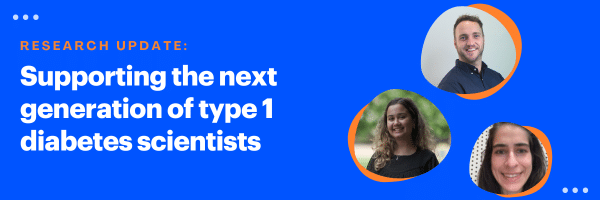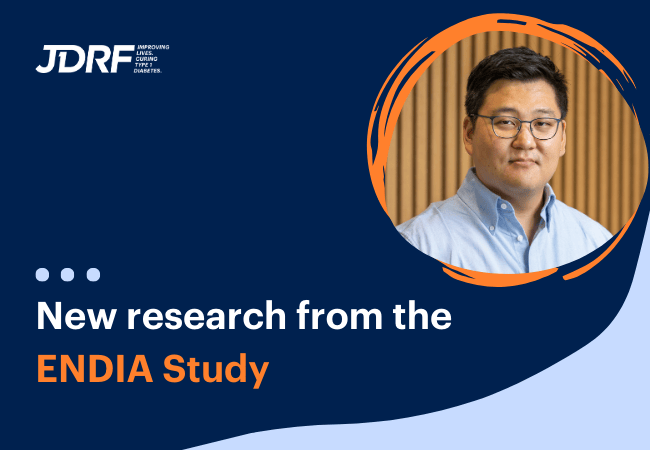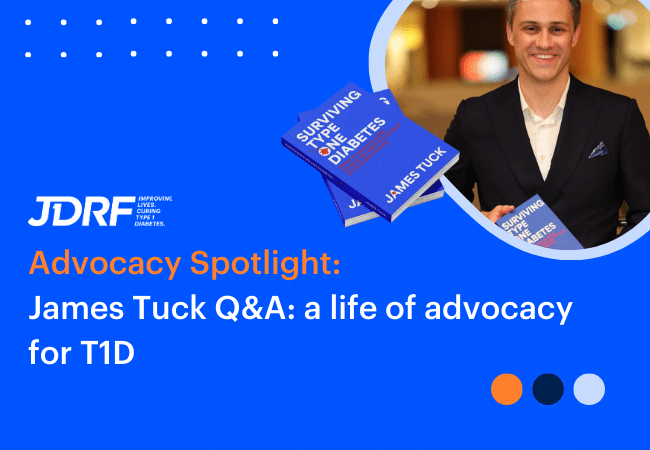Supporting the next generation of type 1 diabetes scientists
JDRF Australia is committed to a vision of a world without type 1 diabetes (T1D) through funding the best science. But research can only be done by researchers. This is why we have a strong focus on not only funding established researchers but also investing in the development of those earlier on in their career trajectories so that breakthroughs are guaranteed, now and into the future.
Our support mechanisms for early career researchers
Talented researchers who are early in their research journeys need support to progress to the next stage of career development. This ensures a continuous pipeline of T1D research talent in Australia.
JDRF Australia support early career T1D researcher through various mechanisms. One of these is the provision of PhD top up scholarships which are competitively awarded to talented PhD students around Australia, for up to three years. The scholarships are designed to support and encourage PhD students pursuing research in the field of T1D in line with JDRF’s mission – to, prevent, treat and cure T1D.
So far, close to 30 PhD scholarships have been supported. These have funded a diverse range of projects and kick-started a new generation of T1D researchers. Many of these have gone on to make waves in the research world.
The latest talent of early career researchers
We have recently awarded three PhD top up scholarships to talented individuals working in T1D research. Congratulations to all!
Read below a little about what they’re working on.
Hajra Waris, University of New South Wales
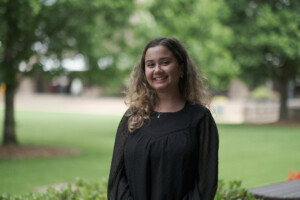
Researchers believe that in people genetically predisposed to T1D, a viral infection may trigger the development of the condition. Hajra’s project will uncover the history of viral infections in children and pregnant mothers to see if this leads islet autoimmunity down the track. Islet autoimmunity is a hallmark of the immune system attacking pancreatic beta cells, which underpins the development of T1D. Hajra will use samples from the JDRF-funded Environmental Determinants of Islet Autoimmunity (ENDIA). Knowing which viruses may trigger the development T1D will allow researchers to design vaccines or antiviral drugs which may prevent the condition from starting in the first place.
Sarah Pinto, Murdoch Children’s Research Institute
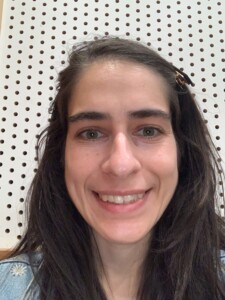
Sarah is a clinician researcher looking at the role of a certain type of immune cell — called macrophages — in the development of T1D. Her project is developing a model in the lab where she is creating different types of macrophages from stem cells and studying how these cells contribute to the development of T1D. The overall aim is to target these cells when designing new treatments for T1D.
Lucas Agnoletto, University of Melbourne

Lucas is studying methods to improve exercise in those with T1D with the aim of improving heart health. People with T1D face unique challenges when exercising as they must carefully manage the risk of hypoglycaemia (low blood sugar levels), and a dangerous condition called diabetic ketoacidosis (DKA). Lucas’ PhD is undertaking two studies to help those with T1D exercise safely and prevent these complications.
Our research portfolio
Groundbreaking projects like these are only possible with support from our community. The future of 130,000 Australians living with T1D and the 8 more diagnosed each day depends on it.
To get involved, donate here.
Explore all research projects that JDRF Australia funds.

